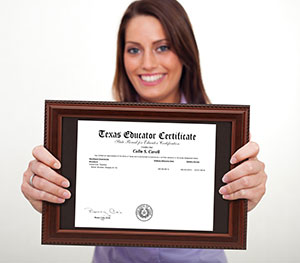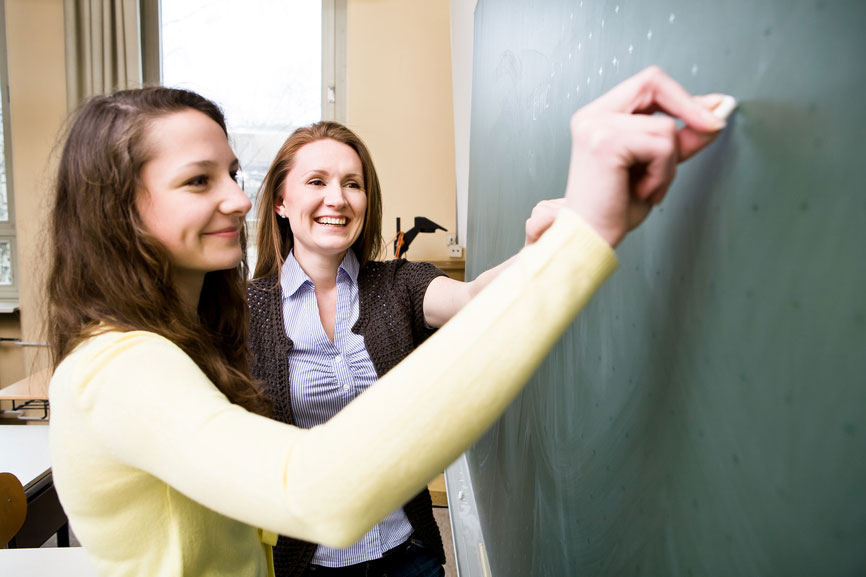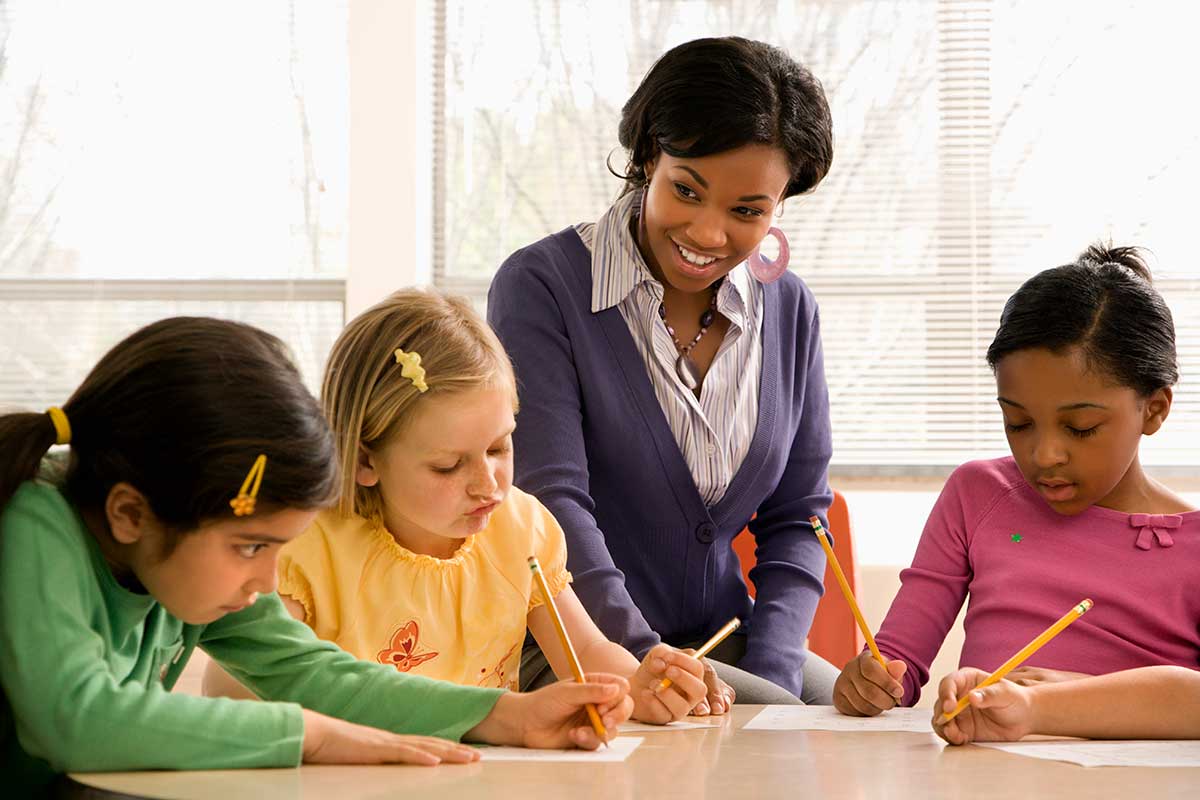Special Education Lesson Plans
Purpose of a Special Education Lesson Plan
Lesson plans serve as detailed guides for teachers in preparing their curriculum. Although the state requires certain concepts to be taught at each level, lesson plans help a teacher develop a specific method of teaching the required material. Lesson plans also serve as a road map for principals’ understanding of the direction their teachers intend to take. This planning can also be beneficial in the event of a teacher’s unexpected absence so a substitute can determine what material should be covered on any particular day.
For teachers working with special education students, special education lesson plans should also include strategies to reach benchmarks set in students’ Individualized Education Programs (IEPs). Preparing special education lesson plans enables teachers to focus on the best way to combine state-mandated curriculum and the necessary accommodations made to meet individual students’ needs. Taking the proper amount of time specifically to create well-developed lessons that are both fun and educational will prepare students to teach the information in a way that engages the students and ultimately yields the best results in learning.
What to Include in a Special Education Lesson Plan
Although different schools may have different requirements for what specifically to include in lesson plans, the basic content of a special education lesson plan should include the following components:
- An objective that specifies what skill the teachers hopes the student will learn from the lesson. When stating the objective, teachers should keep in mind what prerequisite knowledge their students must have in order to understand the lesson. In special education lesson plans, the objectives will likely vary from student to student depending on their abilities and the benchmarks set in their individual IEPs.
- The materials used in the lesson by both the teacher and the students. The material should have a specific purpose. Special education teachers need to be aware of all of their students’ abilities when planning what materials will be used in a lesson.
- The procedures used in the presentation of the lesson itself. These procedures, listed in a step-by-step order in the lesson plans, include:
- An introduction to the material
- An interactive discussion with the students about the information being presented to make sure that they understand the background and purpose of the new material
- A demonstration by the teacher of a certain skill or activity that he or she plans for the students to learn to do
- A time when the students work cooperatively with the teacher, with groups, and/or individually on the skills taught in the lesson
- A conclusion to review with students what they have learned.
- A method of evaluation of the students to determine if they learned the material presented in the lesson. Special education lesson plans will also include accommodations for students who cannot be evaluated in the same way as mainstream students.
- A means of self-evaluation for teachers to critique their own teaching abilities. Teachers should be prepared to ask themselves what went well and what aspects of the lesson need to be improved for the next time in order to be more beneficial for their students.
Resources for Special Education Lesson Plans
The internet has countless resources and suggestions from current teachers for creating lesson plans, including special education plans. Most teachers, however, learn the majority of what they need to know for lesson planning in their education courses. Individuals interested in learning more about special education lesson plans by becoming a special education teacher may benefit from the EC-12 Special Education content area section of the Web-Centric Alternative Certification Program (WCACP) , a program which allows individuals to work and their own pace to obtain teaching certification from the comfort of their own home. People interested in pursuing a career in special education, or in any other major teaching field, will find this program an attractive alternative to traditional higher education.











